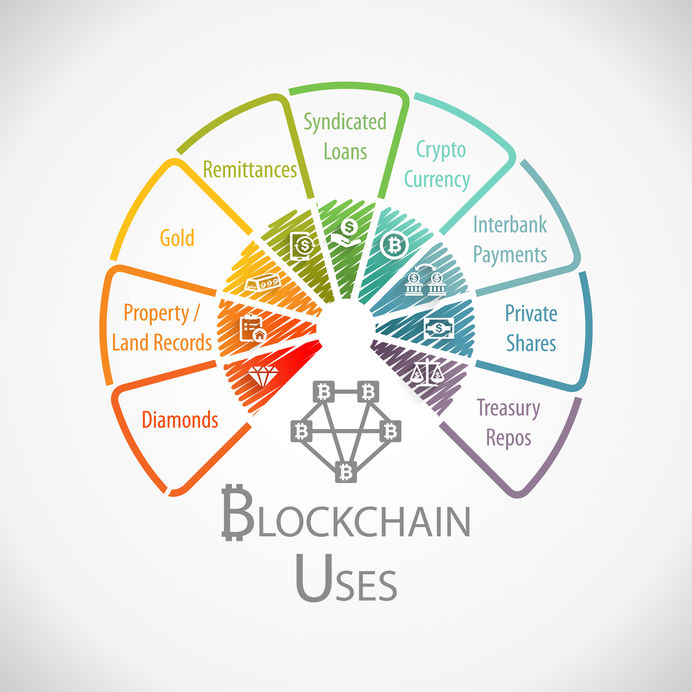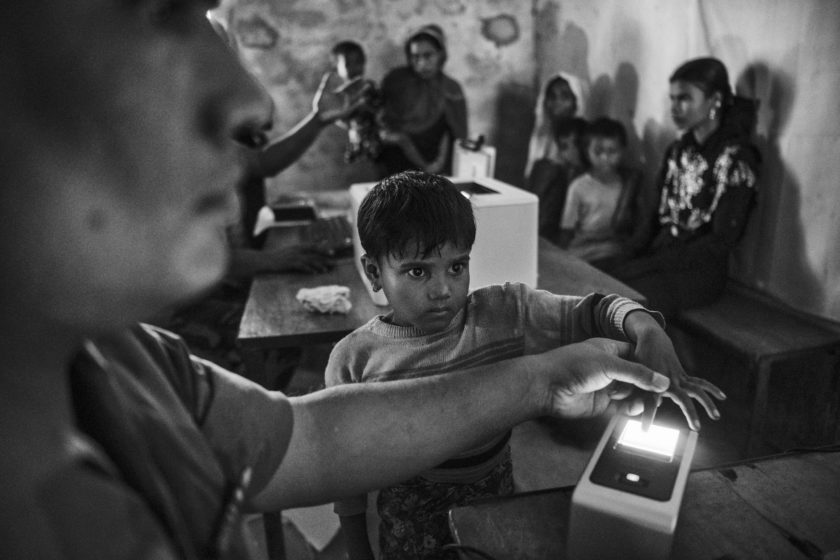In the education sector, digital identity, trust, transparency and provenance, immutability is all very important, especially when it comes to the requirements of factual data storing and sharing.
While Blockchain-related work in the education sector is not as advanced as the Finance industry, it is clear that the Blockchain can be used effectively for permanently storing and securing certificates, degrees, mark sheets, awards and achievements. It can also be used for payments and funding between students and other key players in the industry. Furthermore, the use of Blockchain Smart Contracts can also be used for automated execution of awarding achievement. Students identities for Student Identification used within educational organisations can be stored on the Blockchain and all their credentials store against that identity. In this manner, permanent and reliable storing of formal and informal records of achievements will serve as lifelong means for all users to store immutable records, that are transparently verifiable and trusted for provenance from institutions and quality assurance bodies. Once such records are available on the Blockchain the need for educational organisations to validate credentials each time they need to be shared will initially reduce and eventually disappear as verification, and the validation of credentials could be possible directly against the Blockchain.
Similarly, a central authority to track publications and citations, manage and protect intellectual property may not be required as it is the case today. Tracking the use of the intellectual property as well as rewarding for the same can also be managed through Blockchain and Smart Contracts. As mentioned by Grech and Camilleri (n.d.) “publishing hashes of documents onto a Blockchain, a person can provide proof of first publication without actually needing to share the document or invention being published. This turns conventional notions of copyright and patent law on their heads, allowing the possibility for a far more restrictive system whereby knowledge could be protected without being shared”.
Having this information stored and shareable via Blockchain will have benefits such as:
- Educational organisations will no longer need to perform the tasks related to share or authenticate degrees awards each time a student or another institute needs it.
- Institutions will not need to retain this data about their students, employees or other individuals. Data retention requires compliance and responsibility and resources for the same.
- Since the data stored on Blockchain will be protected for access through self-sovereign identities students can identify themselves and share information without handing over any data, or more than required to any third party
- Overall, storing and sharing such data from a Blockchain will reduce the need for each concerning commercial or educational institute to store and manage this sensitive or confidential data and this will leave to the prevention of data breach or abuse as well as reduce costs and administrative overhead.
- Awarding, sharing, transfer and use of documents such as degrees and certificates occur based on a set of rules. A single unified blockchain of such documents may be created with no party having centralised control between members of the network (Grech and Camilleri, 2017). A DAO (a combination of sophisticated Smart Contracts) maybe architected and coded so that it can automatically ensure that the awarding of credit or sharing, transfer and other tasks always happens according to the same set of rules
There are several implementations of the Blockchain for the use of education industry. Some of the examples are listed below:
- Blockcerts: An open Standard for Blockchain educational certificates (Blockcerts, n.d.)
- SGE Blockchain service for managing transcripts and scores through a digital platform: Blockchain by Sony Global Education, Inc (https://Blockchain.sonyged.com, n.d.)
References:
- Blockcerts (n.d.) Blockchain Credentials [Online]. Available at http://blockcerts.org/ (Accessed 1 July 2019).
- Grech, A. and Camilleri, A. (2017) ‘Blockchain in Education’, p. 137.
- https://blockchain.sonyged.com (n.d.) SGE Education Blockchain [Online]. (Accessed 1 July 2019).
Also read:





Decentralized wallet from Libonomy is 100% freedom, no 3rd party exchanges needed anymore.
Check Out: https://tinyurl.com/yhsrus2d
Article is very informative thanks.
Smart Contract Development Company